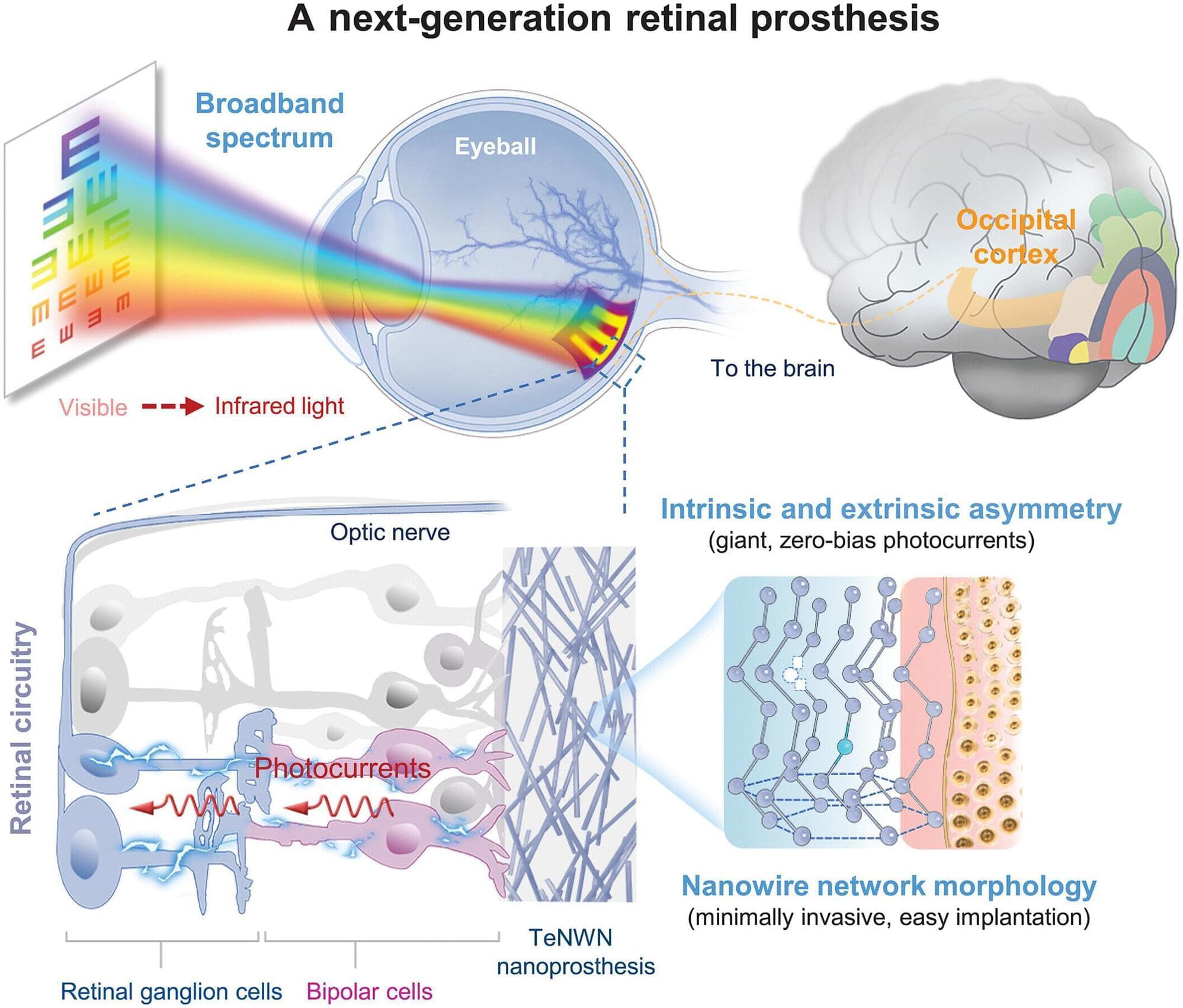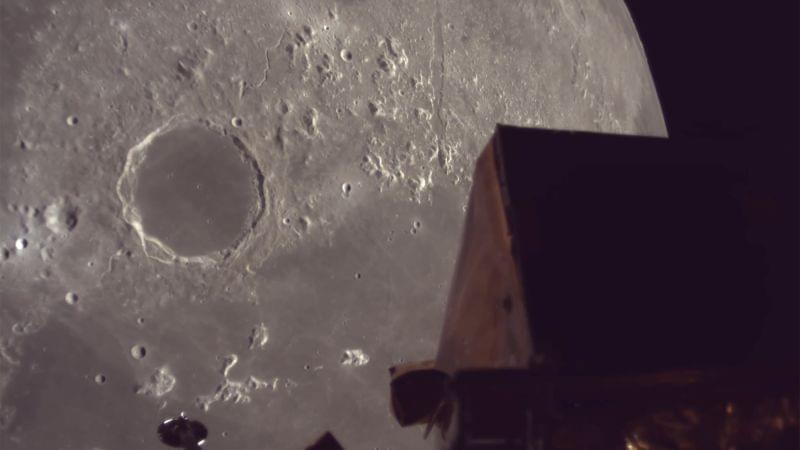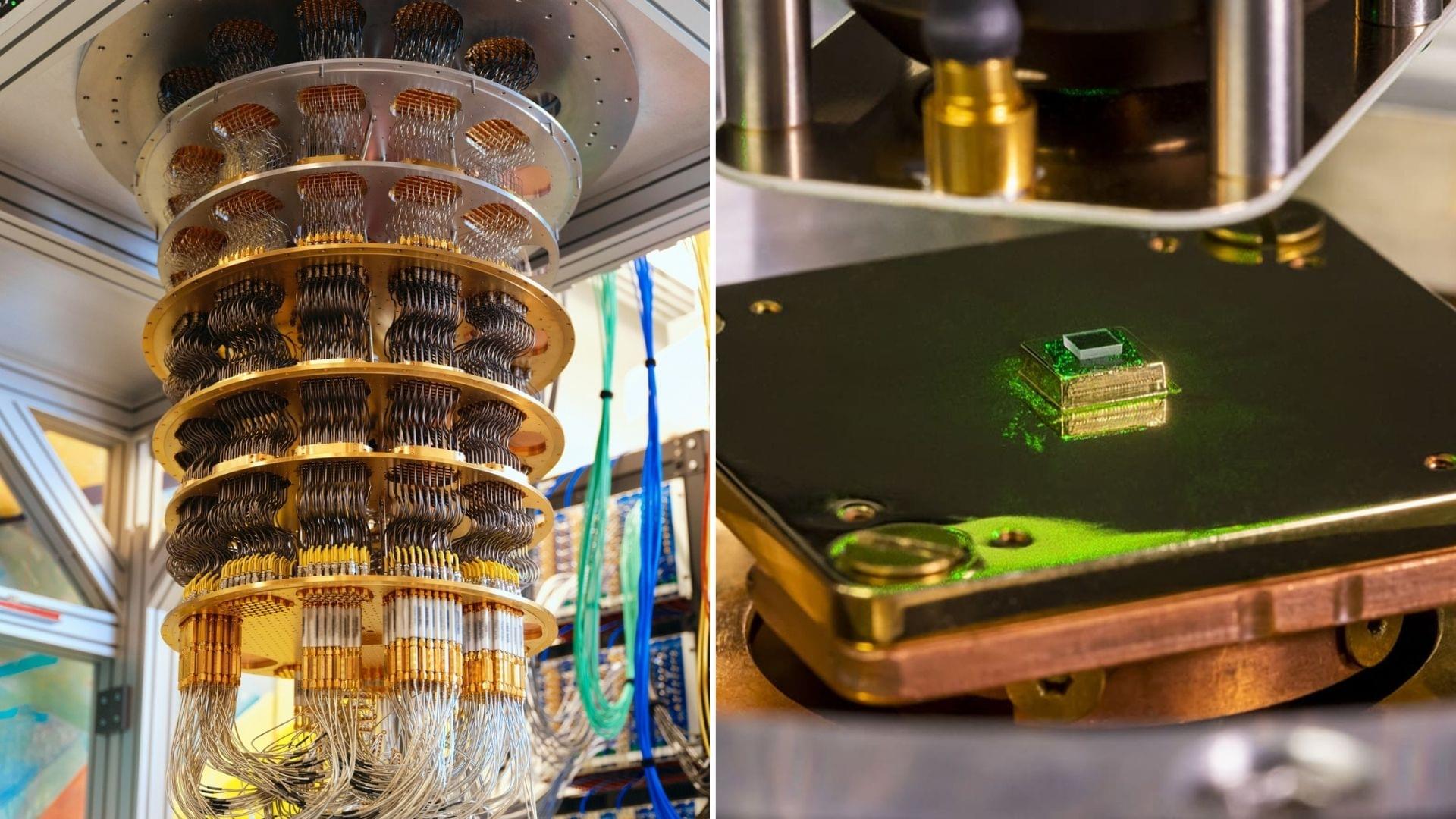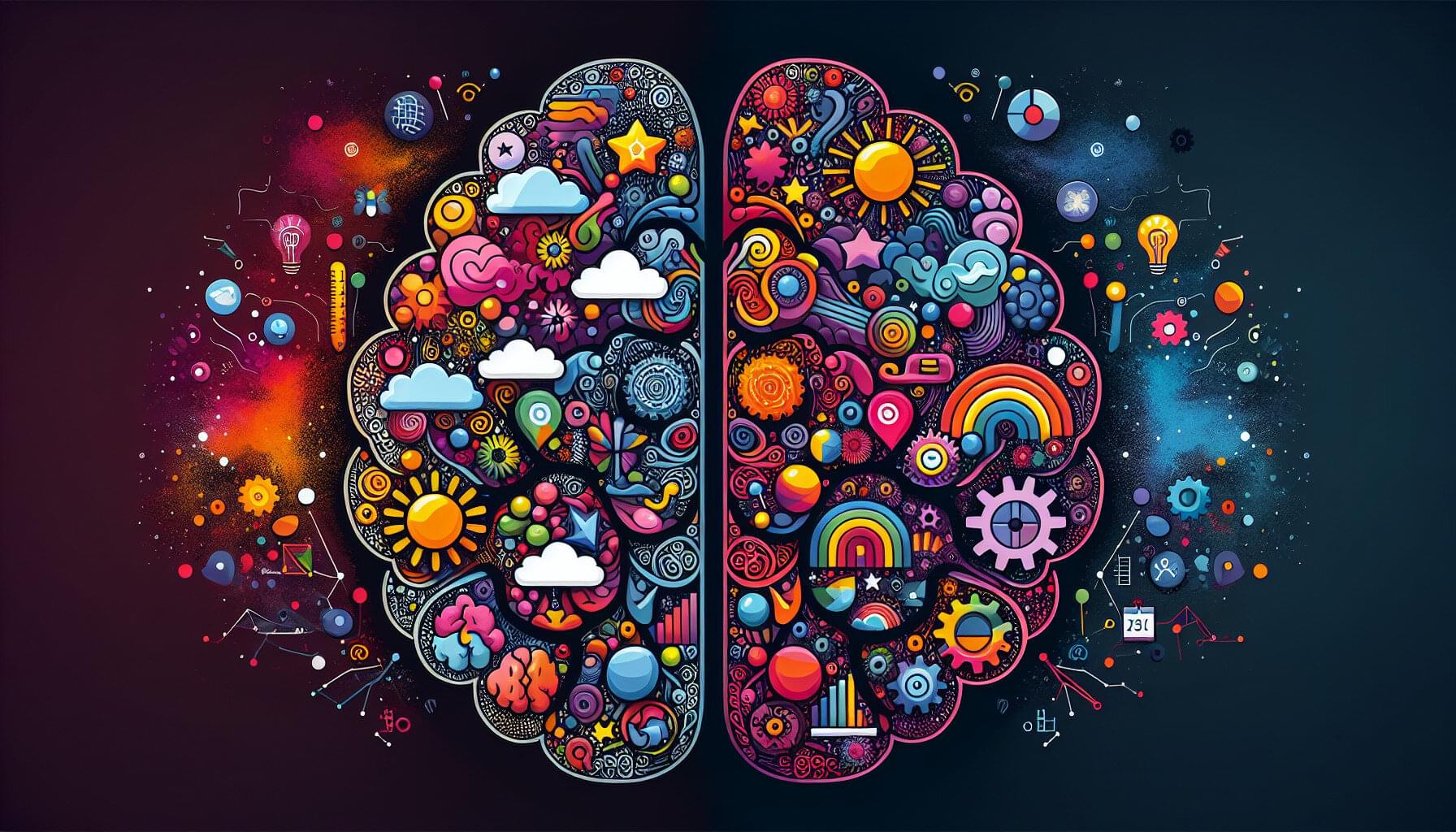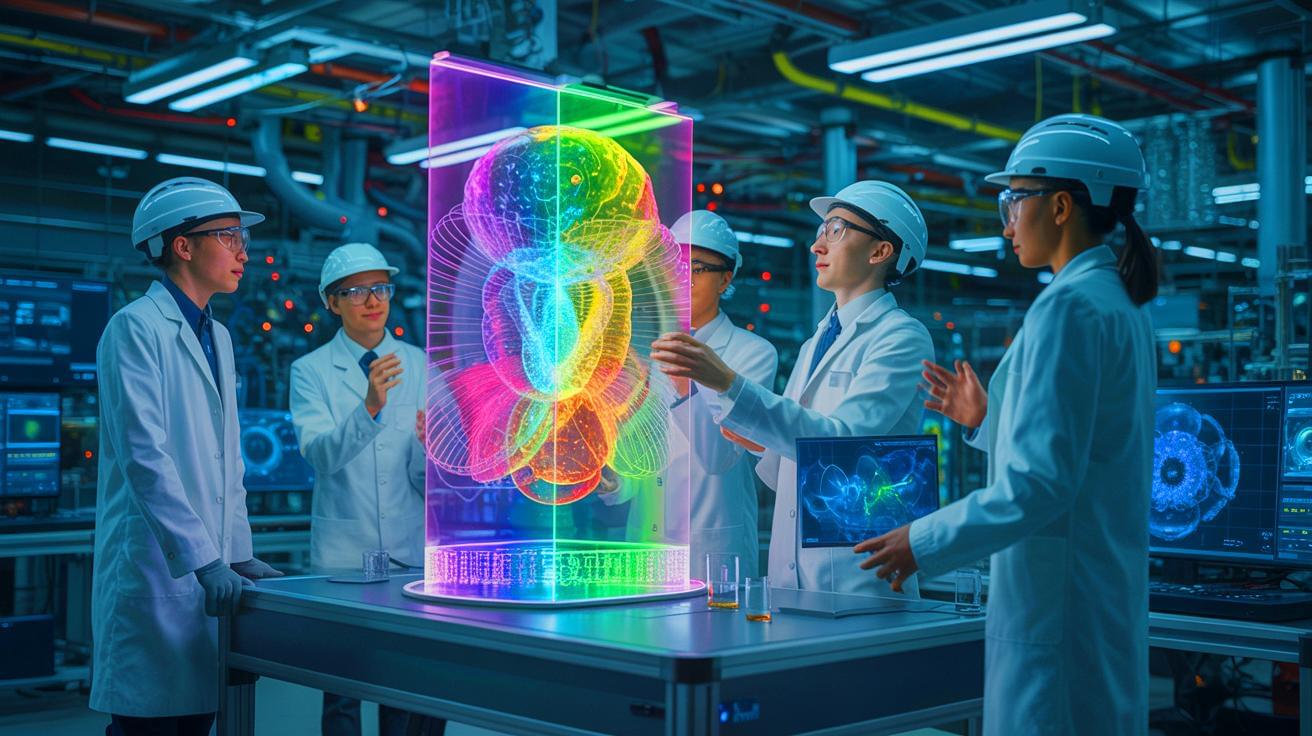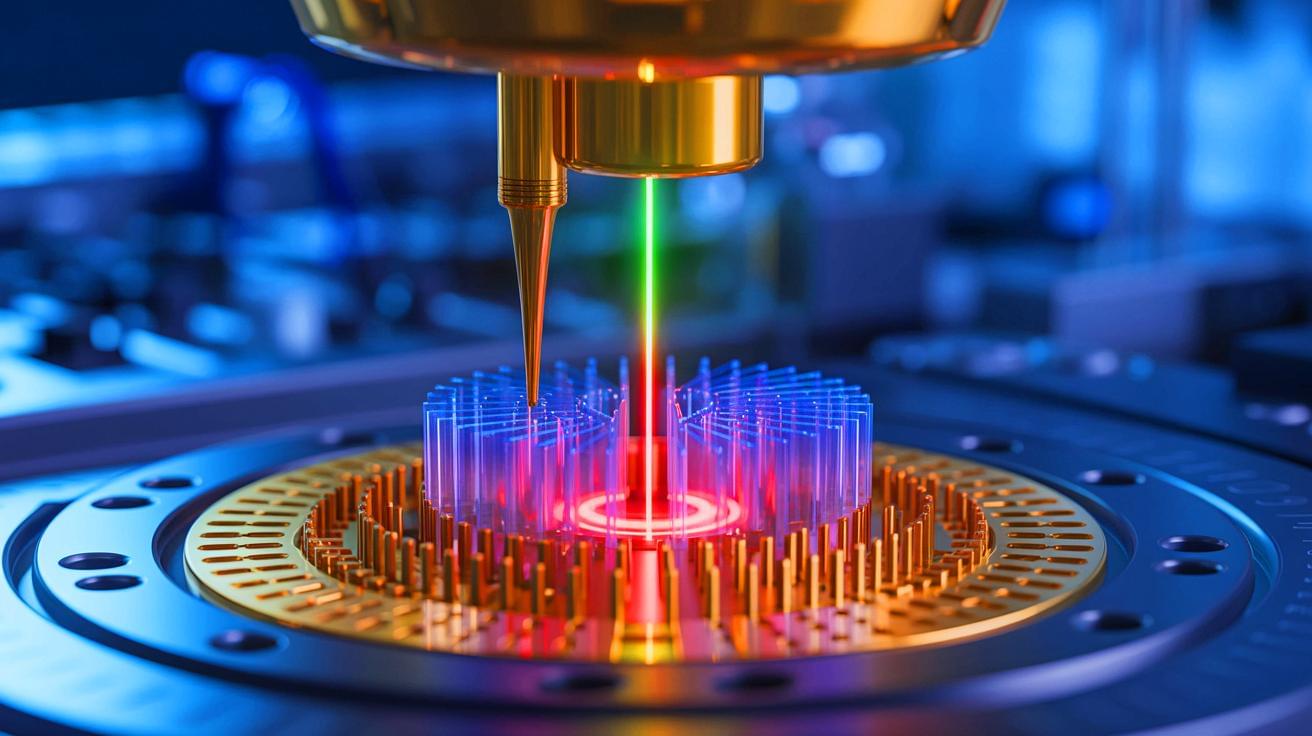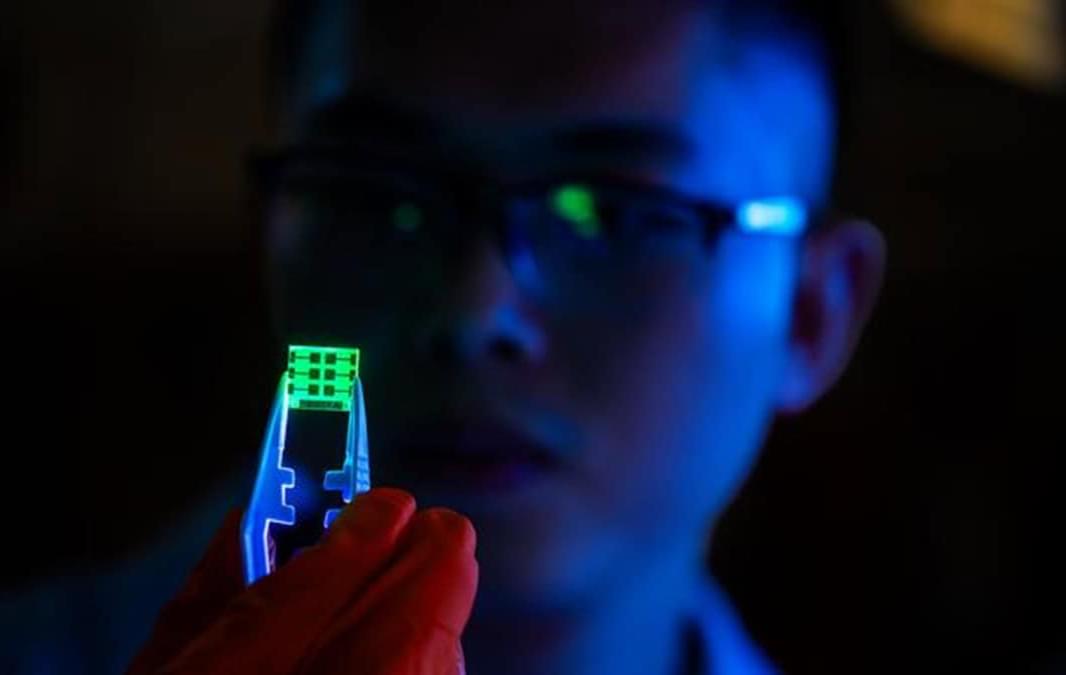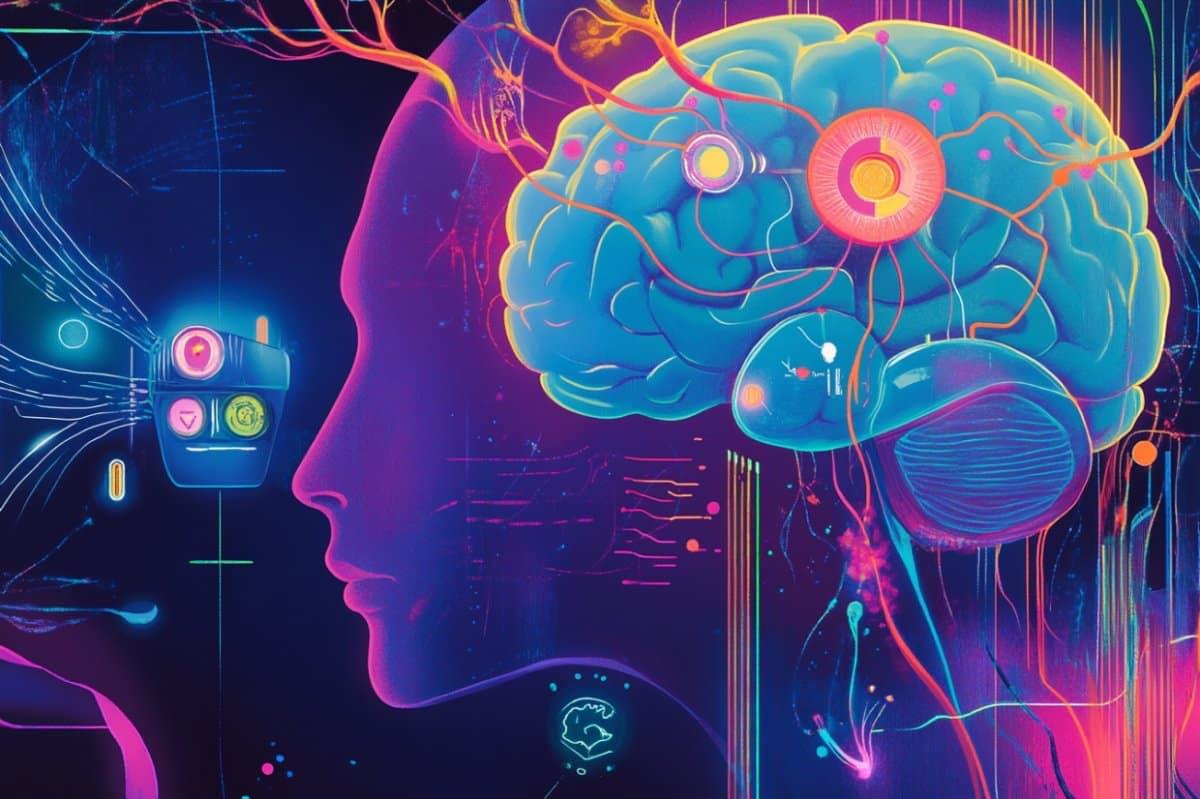A team from Fudan University, the Shanghai Institute of Technical Physics, the Beijing University of Posts and Telecommunications and Shaoxin Laboratory, all in China, has developed a retinal prosthesis woven from metal nanowires that partially restored vision in blind mice.
In their paper published in the journal Science, the group describes how they created tellurium nanowires and interlaced them to create a retinal prosthesis. Eduardo Fernández, with University Miguel Hernández, in Spain, has published a Perspective piece in the same journal issue outlining the work done by the team on this new effort.
Finding a way to cure blindness has been a major goal for scientists for many years, and such efforts have paid off for some types of blindness, such as those caused by cataracts. Other types of blindness associated with damage to the retina, however, have proven too difficult to overcome in most cases. For this research, the team in China tried a new approach to treating such types of blindness by building a mesh out of a semiconductor and affixing it to the back of the eye, where it could send signals to the optic nerve.
